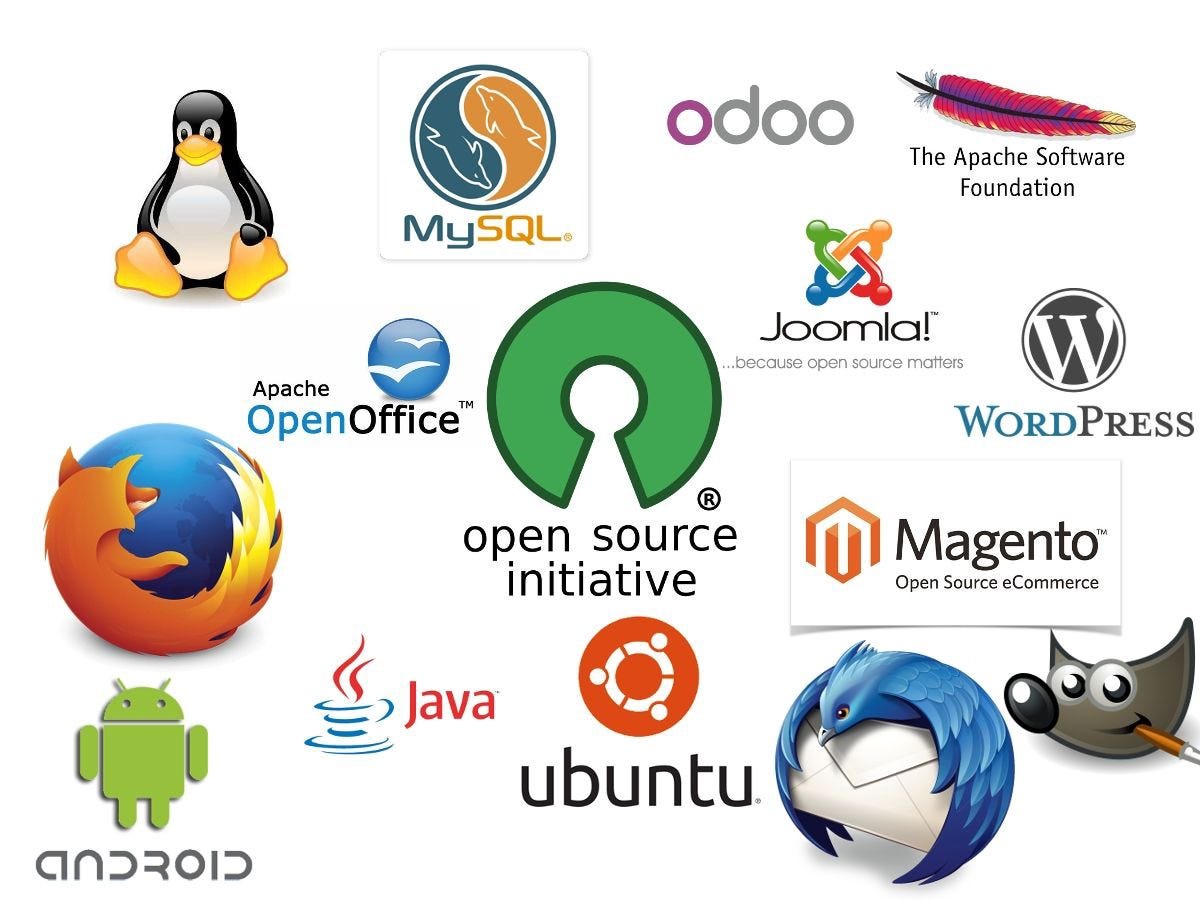In a world increasingly dominated by proprietary software and closed ecosystems, the ethos of open source stands out as a beacon of empowerment and freedom. Open source software (OSS) and operating systems offer not only practical solutions but also embody values of collaboration, transparency, and community-driven innovation. Yet, despite their numerous benefits, many people remain hesitant to make the switch. In this blog post, we’ll explore how to promote the adoption of open source software and operating systems, highlighting their potential to foster self-development, enhance privacy, and liberate individuals from the shackles of capitalist structures.
Understanding the Essence of Open Source
At its core, open source embodies the principles of transparency, inclusivity, and shared knowledge. Unlike proprietary software, where the inner workings are hidden from view and controlled by a single entity, open source projects allow anyone to view, modify, and distribute the source code. This not only encourages collaboration and innovation but also fosters a culture of continuous learning and improvement.
Cultivating Self-Development through Open Source
One of the most compelling reasons to embrace open source is its potential to catalyze personal growth and development. By engaging with open source projects, individuals have the opportunity to sharpen their technical skills, collaborate with peers from diverse backgrounds, and contribute to projects with real-world impact. Whether it’s writing code, documenting features, or providing user support, every contribution strengthens both the individual and the collective knowledge base.
Safeguarding Privacy and Data Sovereignty
Privacy has become a paramount concern in an era marked by pervasive surveillance and data exploitation. Closed-source software often comes bundled with hidden trackers, backdoors, and data collection mechanisms, compromising users’ privacy and autonomy. In contrast, open source software offers greater transparency and accountability, empowering users to scrutinize the code and ensure their digital sovereignty. By embracing open source alternatives for operating systems, web browsers, communication tools, and more, individuals can reclaim control over their data and protect their privacy rights.
Breaking Free from Capitalist Chains
The proprietary software industry thrives on a model of exclusivity, vendor lock-in, and profit maximization. In this paradigm, users are treated as mere consumers, devoid of agency or ownership over the tools they rely on daily. Open source disrupts this narrative by democratizing technology and fostering a culture of collaboration and shared ownership. By advocating for and using open source software and operating systems, individuals can challenge the monopolistic practices of big tech corporations, promote digital inclusivity, and contribute to a more equitable and sustainable tech ecosystem.
Promoting Open Source Adoption: Practical Steps
- Education and Awareness: Raise awareness about the benefits of open source through workshops, seminars, and online resources. Highlight success stories, case studies, and testimonials to showcase the tangible advantages of using open source software and operating systems.
- Community Building: Foster vibrant communities around open source projects, where individuals can share knowledge, seek support, and collaborate on common goals. Encourage diversity and inclusivity to ensure that everyone feels welcome and valued within the community.
- Advocacy and Policy Reform: Advocate for policies that prioritize the adoption of open source solutions in government, education, and public institutions. Lobby for legislation that promotes transparency, interoperability, and open standards to level the playing field for open source software.
- Lead by Example: Embrace open source in your own work and daily life. Use open source software and operating systems, contribute to projects, and share your experiences with others. Lead by example to inspire others to follow suit and join the open source movement.
Conclusion: Embracing the Open Source Revolution
In a world grappling with complex challenges ranging from technological surveillance to digital inequality, open source stands out as a beacon of hope and empowerment. By promoting the adoption of open source software and operating systems, we can cultivate self-development, safeguard privacy, and break free from the chains of capitalist exploitation. Let us join hands in embracing the open source revolution and building a more inclusive, transparent, and equitable future for all.

